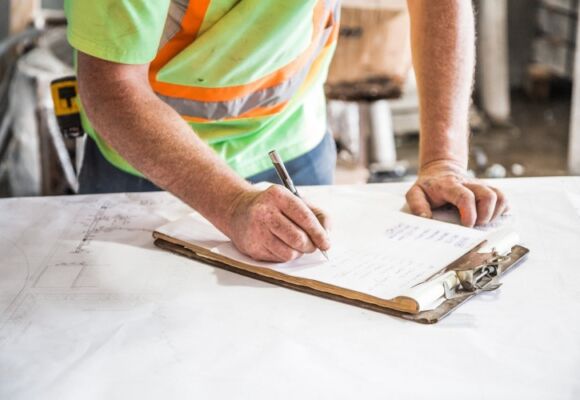Health and safety are fundamental to the running of any business. As a business owner, you have the responsibility of ensuring that your employees and visitors are safe whilst they are on your premises and run the risk of prosecution if something does happen to them that you are liable for.
Whether it is risking personal injury from physical work or something that has occurred as the result of an accident, businesses must have training and processes to protect people whilst they are at work or visiting your workplace.
Health and safety rules are important because they protect people. There are many reasons why businesses should pay attention to health and safety. These include:
- Your moral duty to employees and visitors
- Employees are more productive and you can reduce absence by keeping them fitter
- Your legal obligation
- It is often a requirement from other organisations who could work with you
- Higher staff morale
- Easier to attract new employees
In order to have an effective health and safety policy, good health and safety policy management is needed. This requires several aspects including carrying out risk assessments, putting procedures in place, the training of employees, and regular health and safety audits.
Why health and safety training is important
According to the Health and Safety Executive, “over 200 people are killed each year in accidents at work and over one million people are injured”. This is why health and safety must be central to everything that you do within your business. Failure to look after your employees and business’s visitors can cause not only moral predicaments but also result in you breaking the law and potentially being sued.
The health and safety training of your staff plays a major role in protecting your employees and visitors, not only in preparing them for dealing with potential incidents but also helping to prevent them, making them generally aware of the risks that are present, and ensuring that you fulfil your legal requirements.
In the Health and Safety at Work etc. Act 1974, the law stipulates the responsibilities that employers have towards employees and members of the public, the responsibilities that your employees have to themselves and each other, and the responsibilities that the self-employed have to themselves and other people.
Workers must be given clear information and training when they need it, in the areas that they need it. This could include new employees, people who have moved jobs within the organisation, or people who have taken on extra health and safety responsibilities, for example.
Whose responsibility is it to provide a safe and healthy workplace?
According to the law, three parties are responsible for health and safety in the workplace – the employer, the employee, and the HSE (Health and Safety Executive).
The employer – the main responsibility for the health and safety of employees and visitors to the workplace is that of the employer. The Health and Safety at Work Act says that employers must:
- Carry out a risk assessment and put measures in place to reduce, control, or eliminate the risk
- Provide information, instruction, or training about risks and how to protect employees and visitors
- Consult with employees about health and safety issues – either directly or through a representative or trade union
- Have a health and safety policy showing how you manage health and safety in the workplace, including names of responsible people such as the first aider and fire warden, fire escape plans, risk assessments, and staff consultation details.
The employee – has a health and safety responsibility to themselves and others. This includes:
- Acting responsibly in terms of health and safety
- Co-operating with employer’s health and safety policies
- Not mis-using equipment such as fire extinguishers
- Participating in health and safety training
- Reporting any hazards as soon as they are perceived
The HSE – has a responsibility to hold organisations to account and ensure that they are complying with the rules to the best of their ability.
How health and safety rules affect you
Health and safety rules should run through everything that you do as a business. From ensuring that office workers have adequate set-up, to making sure that staff take regular breaks and are properly trained to use the necessary machinery, health and safety are essential.
It is also important that procedures are in place should something go wrong, This means things like allocating a fire warden and having sufficient numbers of first aiders – who also have the necessary and up-to-date training that they need.
Health and safety are important aspects of the running of a business and are a moral obligation as well as a legal one.
More information on Personal Injury
Last reviewed on 11/07/23 by Joseph Norton who is a Director and Head of Compensation
